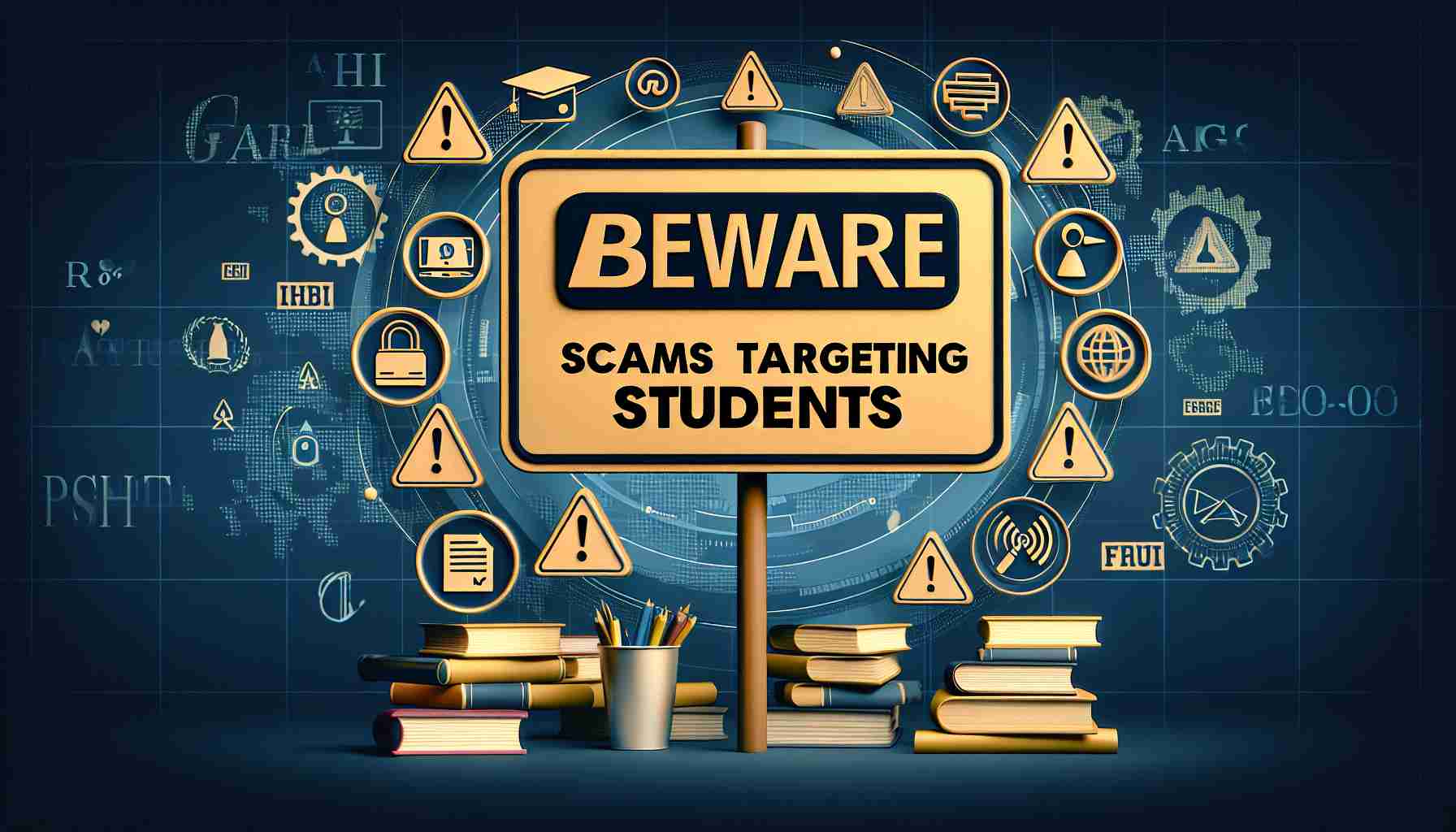As the new school year approaches, it’s crucial to remain vigilant against various scams that target unsuspecting individuals. Instead of falling prey to malicious schemes, it’s essential to be cautious and informed.
One scam involves deceiving parents through text messages purporting to be from their child’s teacher, urging them to click on links for school-related information. These links could lead to the installation of illegal applications designed to remotely monitor devices and steal sensitive information like bank details.
Another fraudulent tactic includes infiltrating parent groups on social platforms like WeChat or QQ, posing as teachers to deceive parents into making unauthorized payments under false pretenses. By impersonating school officials and tricking individuals with fake announcements, scammers aim to manipulate trusting individuals into transferring money unwittingly.
In a separate scam, students are enticed with promises of lucrative rewards for obtaining multiple SIM cards, only to have their personal information misused for criminal activities like telecommunications fraud and gambling. By exploiting the students’ identities, criminals engage in illicit practices that can have severe repercussions on individuals and communities.
Furthermore, individuals should exercise caution when presented with offers of easy work and substantial profits, particularly in schemes like “brushing” where fake transactions are conducted to deceive unsuspecting participants. Always prioritize skepticism and investigate thoroughly before engaging in any potentially risky endeavors.
Remember, it’s crucial to refrain from clicking on unfamiliar links, downloading unknown files, and blindly trusting unsolicited messages to safeguard oneself against fraud. By staying informed and cautious, individuals can protect themselves and others from falling victim to scams.
Amidst the growing prevalence of scams targeting students and their families, it is paramount to delve deeper into the intricacies surrounding these fraudulent activities to ensure comprehensive awareness and protection.
What are some additional red flags to watch out for when identifying potential scams?
It’s crucial to remain wary of emails or messages requesting urgent monetary transfers, unsolicited requests for personal information, and offers that seem too good to be true. Additionally, be vigilant of communication from purported authorities that contain grammatical errors or inconsistencies.
What challenges do students and parents face in distinguishing legitimate communications from fraudulent ones?
One of the key challenges is the use of sophisticated tactics by scammers to mimic official channels, making it difficult for recipients to discern authenticity. Moreover, the emotional manipulation employed by fraudsters can cloud judgment, leading individuals to act impulsively without verifying the legitimacy of the request.
What are the advantages of empowering individuals with knowledge about common scams?
By equipping students and parents with information about prevalent scams, they can make informed decisions and protect themselves from potential financial and emotional harm. Awareness serves as a proactive defense mechanism, enabling individuals to recognize and report suspicious activities promptly.
Are there any disadvantages to heightened vigilance against scams targeting students?
While vigilance is essential in safeguarding against scams, an excessive sense of paranoia or mistrust can impede genuine interactions and opportunities. It is crucial to strike a balance between caution and open-mindedness to navigate the digital landscape effectively.
In conclusion, maintaining vigilance, staying informed, and verifying the legitimacy of communications are pivotal in combating scams targeting students and their families. By fostering a culture of skepticism and empowerment, individuals can mitigate the risks associated with fraudulent activities and contribute to a safer online environment.
For further insights on online safety and fraud prevention, visit CISA.























